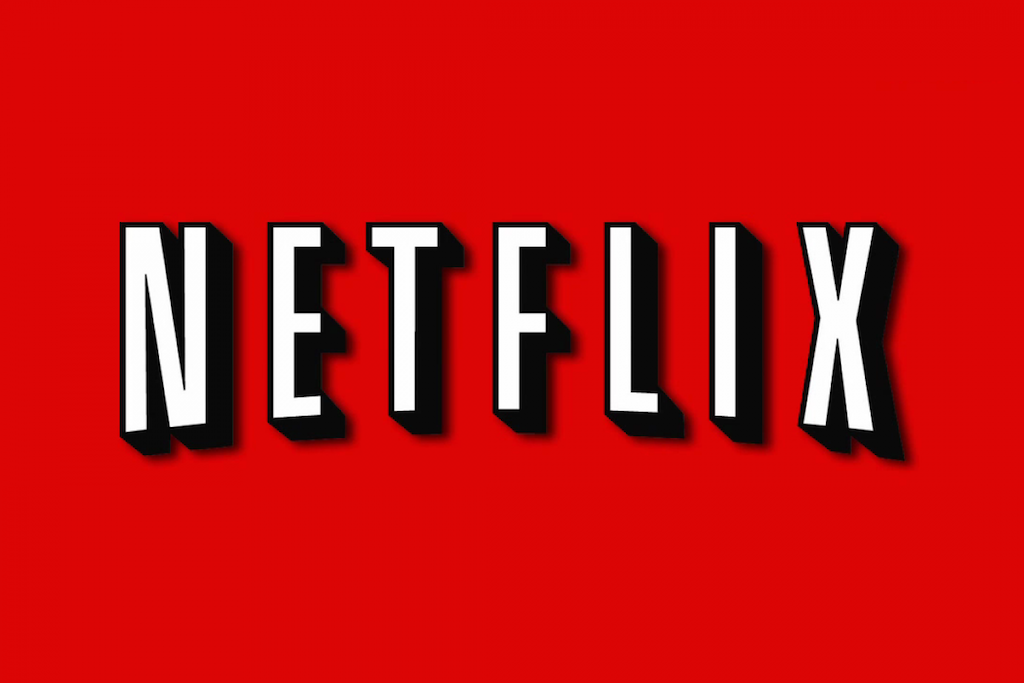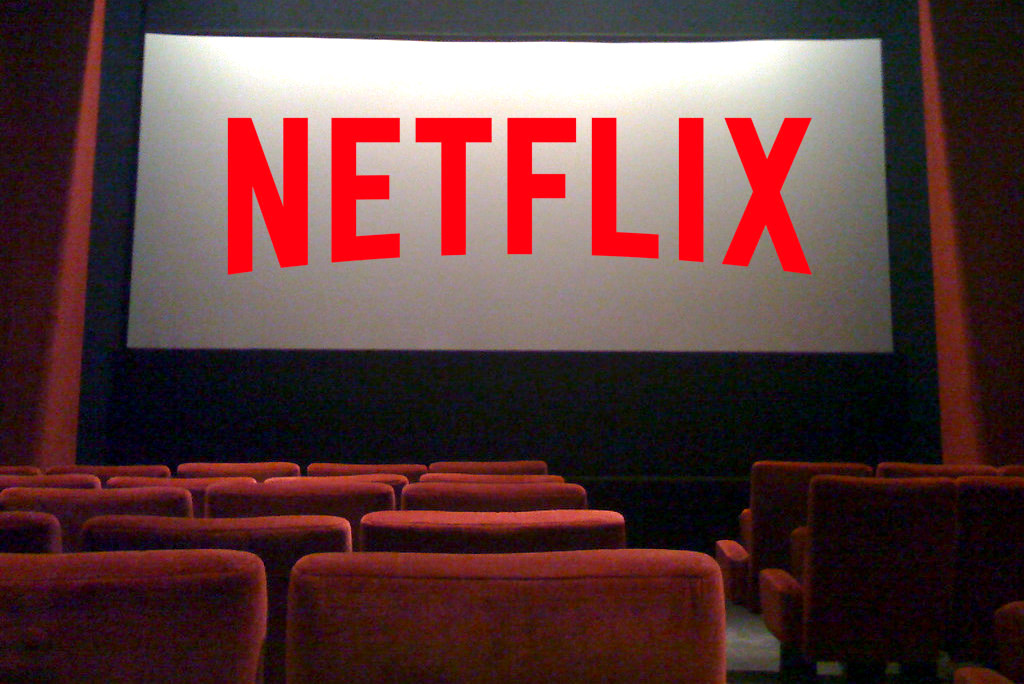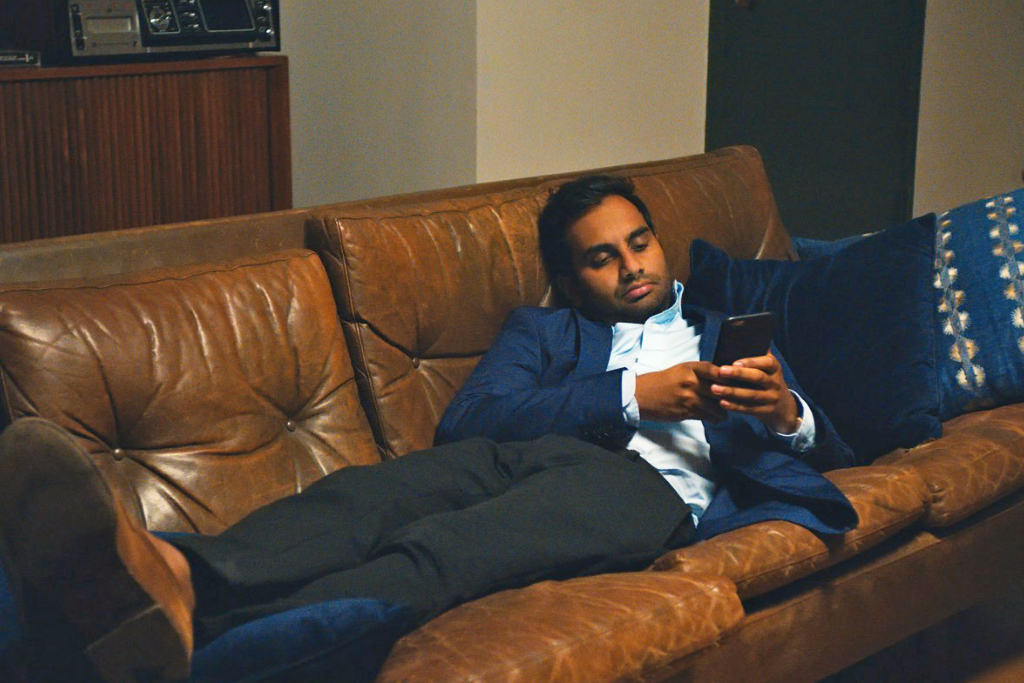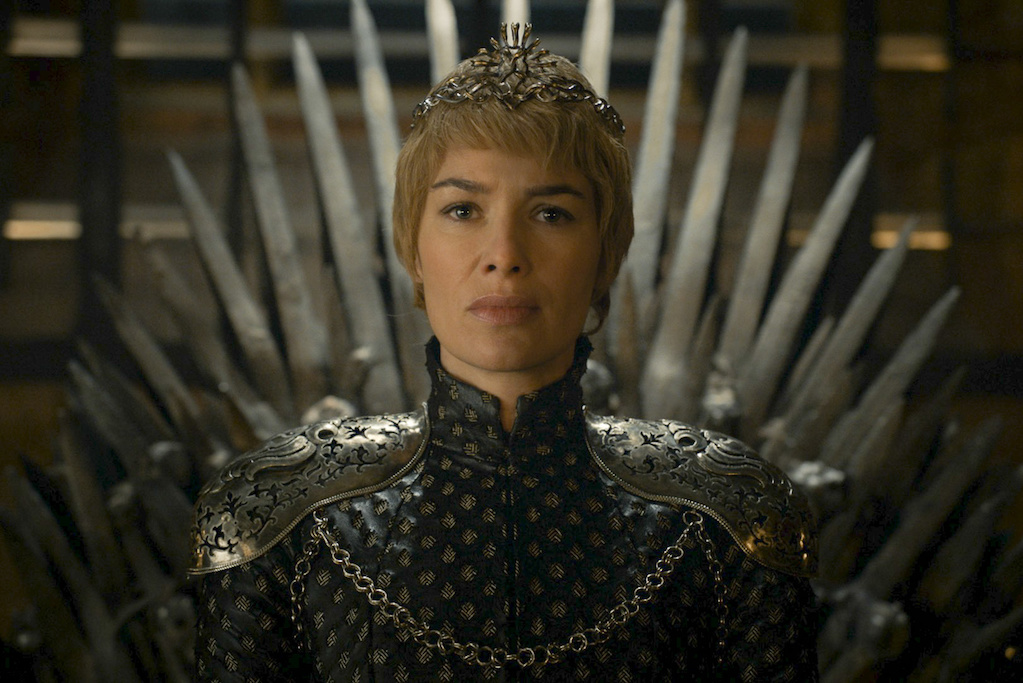Everything You Need To Know About This Week’s “Netflix Tax”
What is it? How is it linked to the "eBay tax? And how will it affect you?

Friends, it’s a golden age for the digital marketplace. Music, TV, clothes; all of these and more can now be purchased with your magic talking box and/or streaming device, almost always perfectly legally and all without the horrid guilt that comes from piracy (yarg!).
Unfortunately, the government cottoned on a few years back and announced plans in the 2015–16 Budget to apply the 10 percent GST to any digital products and services imported from overseas. Now, the first of these plans, dubbed the “Netflix tax”, is set to hit punters at the start of our next financial year, July 1, i.e. this goddamn Saturday.
Here’s everything you need to know about the tax, how it is different from (but linked to) next year’s “eBay tax”, and whether or not all this is worth going libertarian over (spoiler: hospitals and roads still important, so probs not!).
The “Netflix Tax”
Passed in May 2016 as part of the Tax and Superannuation Laws Amendment (2016 Measures No. 1) Act 2016, the Netflix tax will apply the 10 percent GST to all imported digital products, such as TV series, films, apps, songs, podcasts, e-books and games, and services. That means it also applies to services like Spotify. Local companies are already subject to GST, so the tax effectively just closes a loophole for global companies.
Going purely by the maths, this would lift Netflix’s basic package from $8.99 to $9.89, although previous testing by Netflix indicates an increase to $9.99 would be cleaner. But it’s possible they could instead absorb some of the GST; Netflix has yet to give a definite indication of the new price, only confirming to The New Daily that they will “collect and remit tax wherever we are legally obligated to do so”. Junkee has reached out to Netflix for further clarification on what this means for customers.
The government’s goals here are twofold: raise $350 million over four years from July 2017, to be shared between the states and territories, and to create a level playing field for domestic suppliers such as Stan. “[This tax] ensures Australian businesses selling digital products and services are not disadvantaged relative to overseas businesses that sell equivalent products in Australia,” Treasurer Scott Morrison said on introducing the bill to Parliament.
The government has also cited advice from the Organisation for Economic Co-operation and Development (OECD) in adopting the tax on digital goods, which has international precedent from the EU, Russia and US (although notably not Canada).
So sure, this tax might end up sucking a little for local Netflix subscribers, but only as much as it currently sucks for a bunch of other countries and our Stan-loving patriots.
The “eBay Tax”
Set for July 1, 2018, the eBay tax will likewise bring all digitally imported, low-cost goods under the GST, so will impact companies like Amazon and eBay. Up until now, anything worth less than $1,000 could be purchased online GST-free. And while this and the Netflix tax might sound like the exact same thing, this is only because they absolutely sound like the exact same things oh my god.
Basically, the difference here is that the Netflix tax will apply to digital content (movies, songs etc) and the eBay tax on physical content that exists here, in the material world (books, clothes etc). That, and eBay kicked up a massive stink earlier in April by threatening to block Aussie shoppers, so now their tax won’t come in for another year.
The two bills were actually meant to hit Australia in tandem, but Parliament voted to delay the Treasury Laws Amendment (GST Low Value Goods) Bill 2017 until next year to conduct a short inquiry on implementation and subsequently give Amazon and eBay another year to make changes.
Naturally, this has pissed off local retailers like Harvey Norman because christ, sometimes there is actually no way for the government to win.
Buy anything from overseas like a book or a t-shirt and you now face a new tax – just to keep Gerry Harvey happy. A retrograde decision.
— Troy Bramston (@TroyBramston) June 20, 2017


